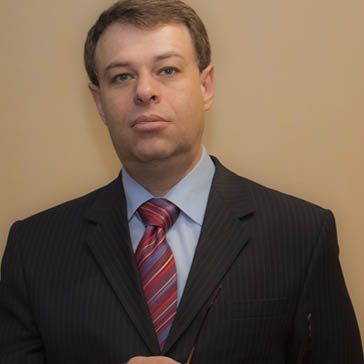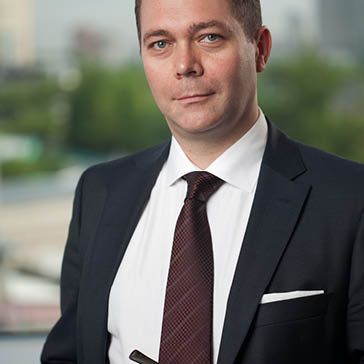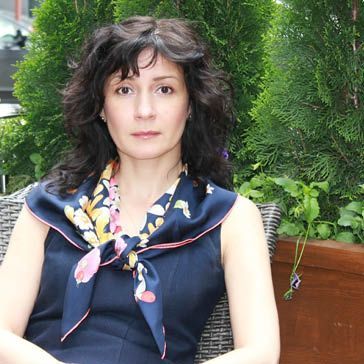The recent revival (2013-2014) of privatization in Croatia is, paradoxically, not driven by the country’s recent membership in the European Union, but instead by a simple desire to save the state budget. The budget deficit was (and still is) so huge that the current Government has been forced to put its crown jewels on the table and try to sell them as fast and as efficiently as possible.
The insurance company sale was closed on April 22, 2014 and the new owner of 39.05% of shares is Adris – the largest Croatian tobacco producer. The sale price had the largest premium on share in Croatia ever (the market price was around USD 700 and the purchase price was around USD 1350) which makes the premium on share 87.4% (the average premium was around 46.5%). Also, the new owner is obliged to make a capital increase of around USD 150 million, whereupon Adris will hold a majority stake (60%), and the State will remain able to affect only a few major shareholders’ decisions (by holding 28%). Intriguingly, Adris won the tender in competition with a potential strategic investor – the Polish insurance company PZU, which, though being more skilled in the relevant industry, was not ready to offer such a huge premium. Even more interestingly, Adris has in the past five years invested significant amounts of cash in the tourism and agriculture sectors, and is now entering a fourth, completely different industry sector! These moves raise the eyebrows of insurance experts who are concerned about whether the company will be able to, in light of its potential over-stretching, preserve its market-share.
The tender for sale of Postanska banka was a different story. Initially, plenty of interest was shown by important players from the regional banking market who lined-up for the tender. However, over time – and after due diligence – interest started to dim, and at the end, only Erste & Steiermaerskishe Bank and OTP Bank remained in the race. In December 2013 only Erste & Steiermaerskishe Bank submitted a binding offer – and it was around USD 37 million lower than the non-binding offer (USD 180 million). The Government decided to reject this offer as inadequate because the offered share-price was 24.5% lower than the market price at the time. Since then, the Government has been striving to find another model (or another buyer) for the bank.
Finally, the largest and the most important privatization (formally called “monetization”) regards a 12500-kilometer network of motorways across the country. The State engaged various advisers who, at the end, concluded that a concession model would best fit the needs and expectations of the State and potential investors. The level of expectations is fairly high – the Government expects to receive around USD 4.2 billion for a 30-50 year concession. Though this number is widely considered as unrealistic, the line-up of bidding consortiums is impressive, and 4.2 billion may not be unreachable after all. Companies such as Goldman Sachs/Vinci, Macquarie, Cintra, and Strabag deserve high respect and promise tough competition and an interesting auction for the winning prize. However, despite the interest of consortiums armed with an army of top international and local law firms and financial advisers, the tender process hit a snag. Reportedly, due to internal disagreements and other administrative problems, the data room is still empty, no other transactional documentations have been offered for review (such as, in particular, the concession agreement), and there are no firm indications when the process will be started in earnest. Such postponements of process (which in this case started in autumn 2013), usually bring a “the magic has gone” sentiment to the bidders, and passion for the deal evaporates rapidly.
With public perception of the monetization as a sale of national pride, and upcoming parliamentary elections in 2015, the current Government has less and less time to successfully close this demanding deal. On the other hand, if there are no proceeds from this privatization, what will save the budget and how will the gaps be closed? Will the inevitable need for money be more important than the political future of the current coalition government?
There are only a few jewels left to be offered instead. One of those is ACI, the largest network of more than 20 marinas on the Croatian Adriatic. The sign that something may be cooking with ACI is the recent announcement that strategic legal, financial, and operational due diligence of the company has been initiated. Then there is the Croatian Electricity Company (HEP). Only Only the production segment of the company can actually be sold under the law, but one may ask if even this is realistic at all, since HEP is the largest state-owned contributor to the state budget.
By Damir Topic, Senior Partner, Divjak, Topic & Bahtijarevic Law Firm
This Article was originally published in Issue 3 of the CEE Legal Matters Magazine. If you would like to receive a hard copy of the magazine, you can subscribe here.



